Scaling-up low temperature CO2 electrolyser to industrial levels
The transition to a sustainable energy landscape demands innovative solutions for carbon dioxide (CO2) utilisation. Among these, low-temperature CO2 electrolysis has emerged as a promising pathway for converting CO2 into valuable chemicals and fuels. During the presentation, Csaba explores the challenges and opportunities associated with scaling up CO2 electrolysis to industrial levels.
The electrochemical reduction of CO2 offers a dual benefit: mitigating carbon emissions and producing useful products at the same time. However, current CO2 electrochemical reduction technologies often face limitations in energy efficiency or in selectivity of useful products. Low-temperature CO2 electrolyzers operate at moderate temperatures and pressure, and with appropriate cell design, they are suitable for dynamic operation and integration with intermittent renewable energy sources. Zero-gap type electrolysing cell design is one such example, the cells and cell stacks constructed in this way are able to convert carbon dioxide into a useful product for the chemical industry with high selectivity and industrially relevant current densities at low cell voltage resulting in high energy efficiency (for example into carbon monoxide, which can be used through the formation of syngas as additional chemical raw materials or production of fuels).
After careful evaluation of component availability and machining capacities we scaled-up our single electrolyser cell to a geometric area of 2500 cm2. Further electrolyser capacity increase was achieved by stacking these quarter square meter (QSM) cells. CFD aided design allows stacking of up to 100 cells into a single unit. During scale-up, technologies similar to zero-gap CO2 electrolyzers - such as water electrolyser cells or fuel cells - can be integrated in a suitable way: the solutions, experiences, and production lines that have been proven there can be a significant advantage in the course of development.
Innovations in catalysts, cell design, and system integration are essential. Collaborations between academia, industry, and policymakers are vital for realising large-scale CO2 electrolysis. Scaling up low-temperature CO2 electrolysis requires concerted efforts to enhance performance, stability, and economic viability. By addressing technical challenges, we can pave the way for sustainable carbon utilisation on an industrial scale.
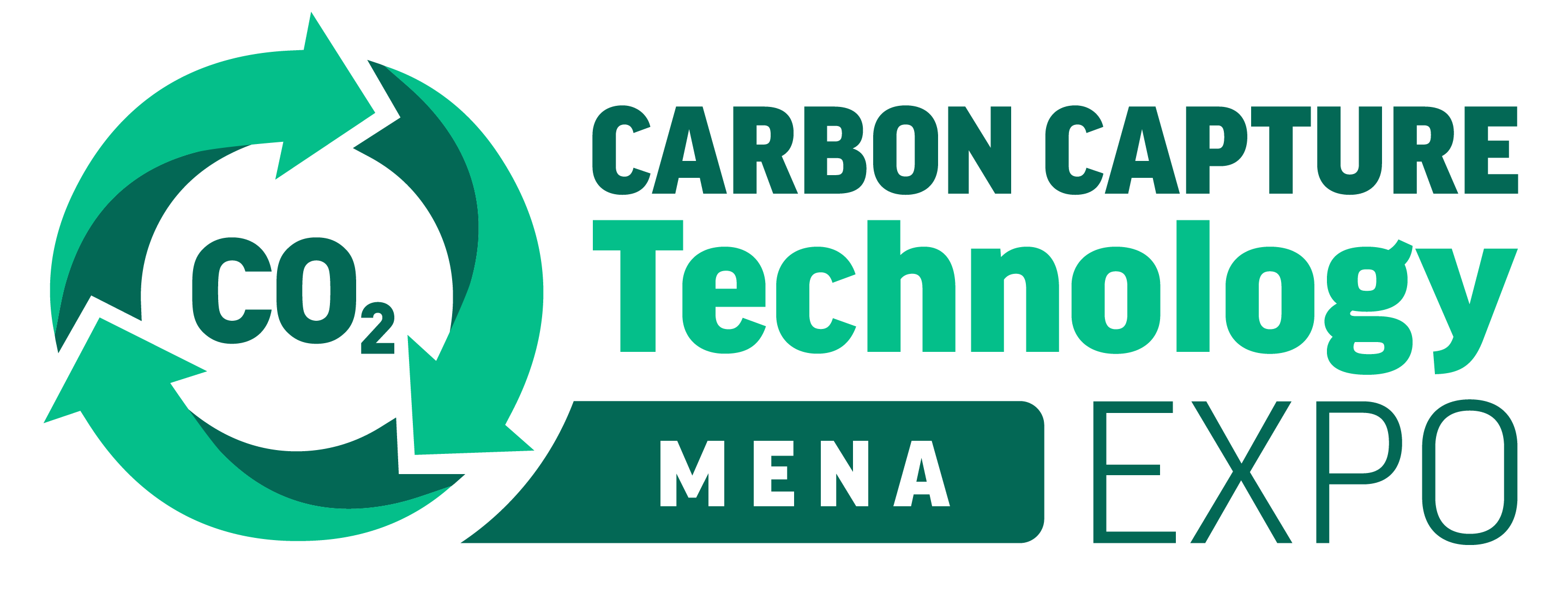
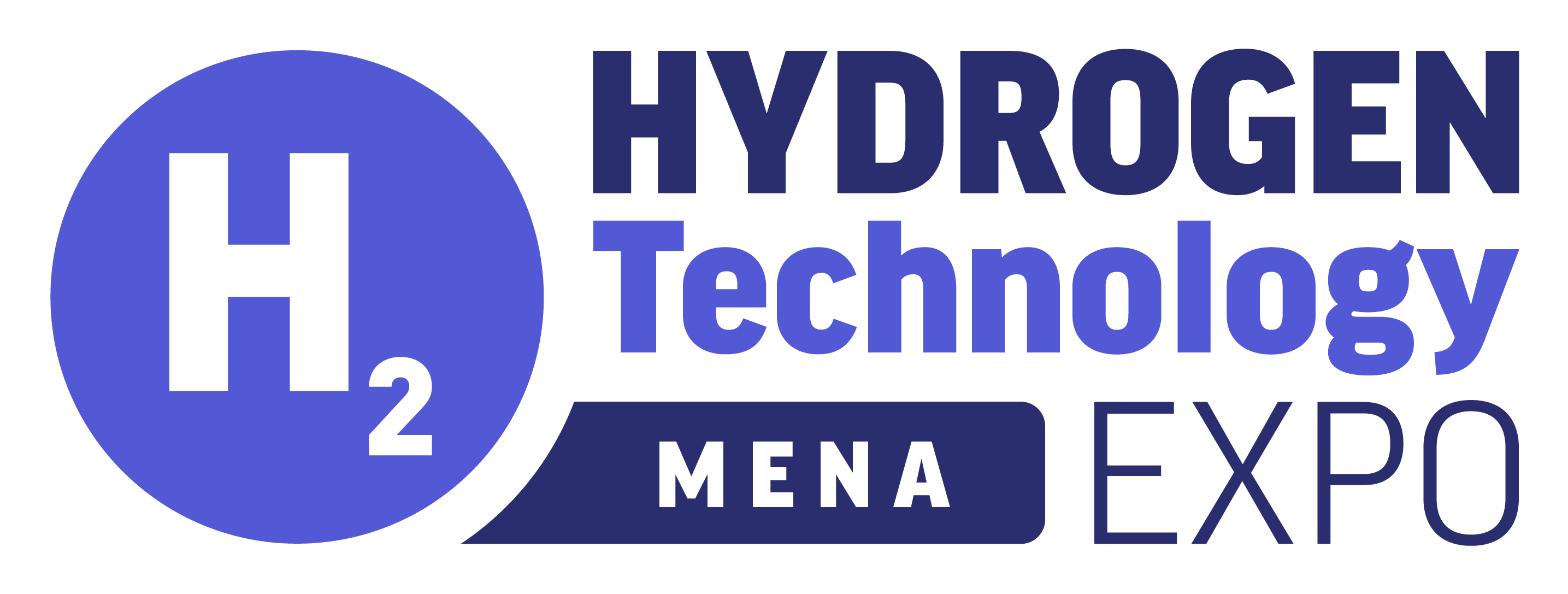
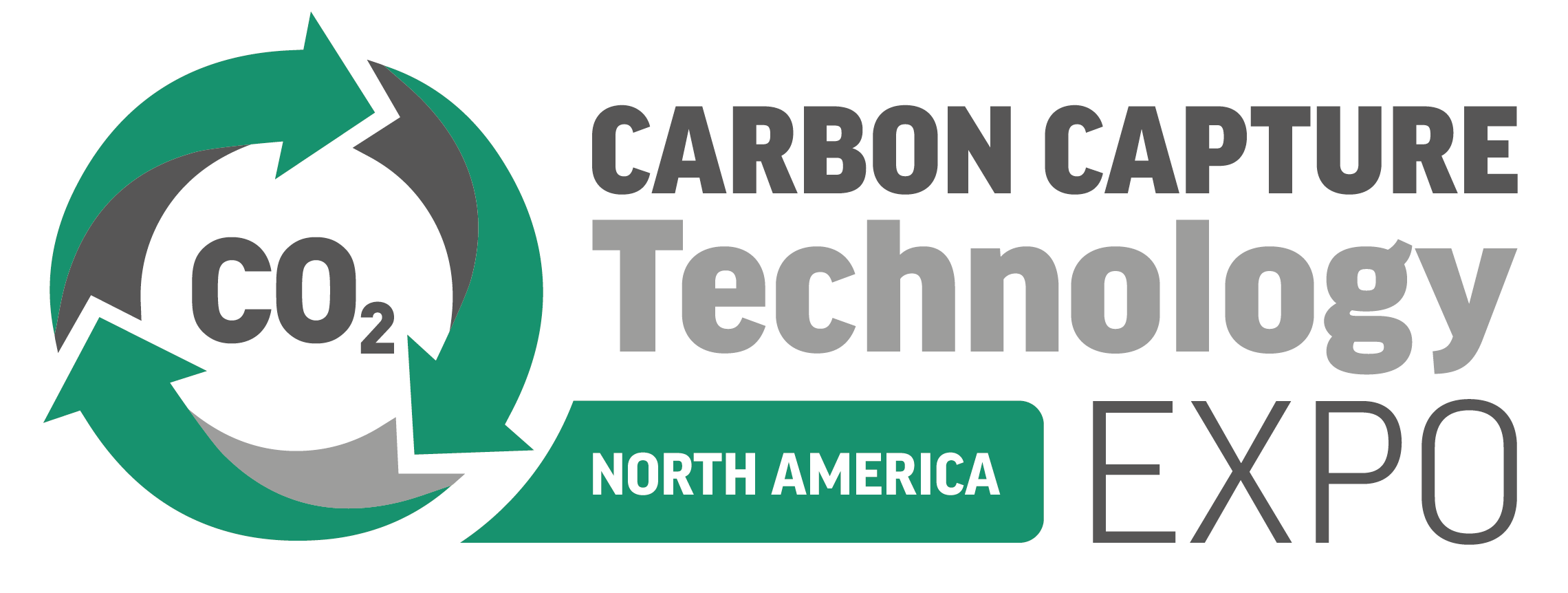
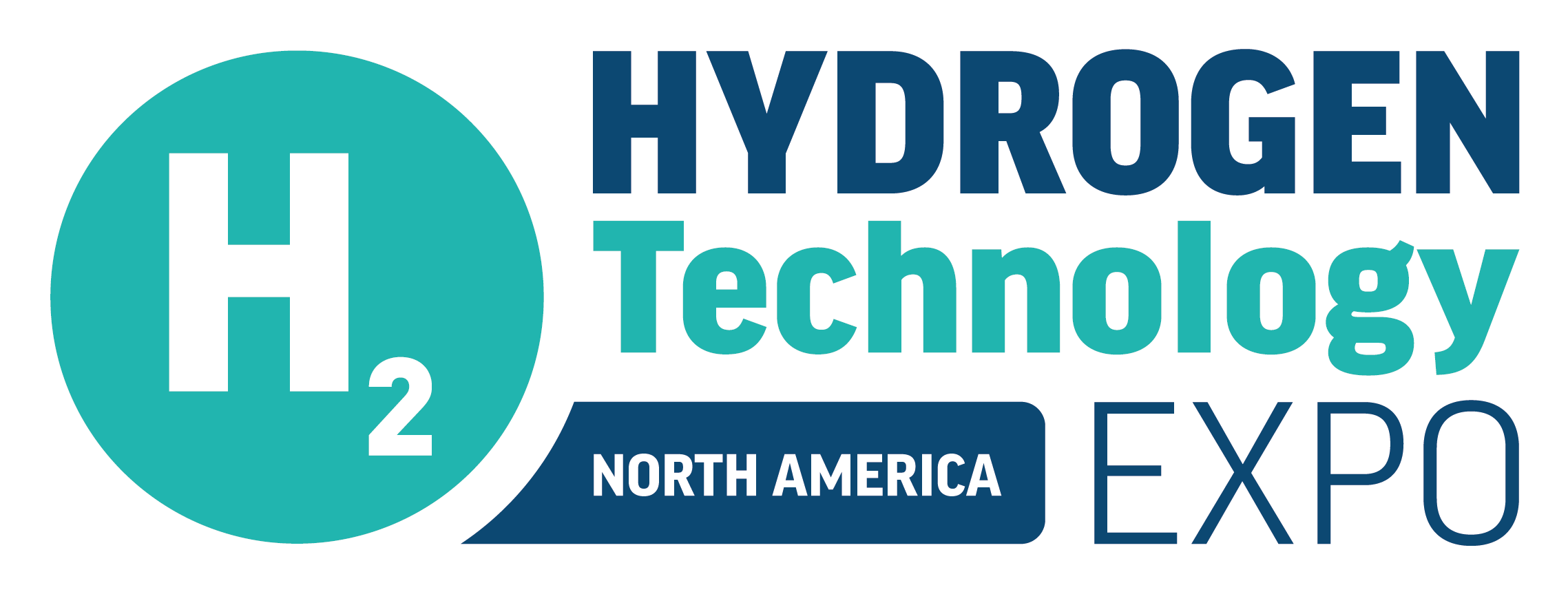
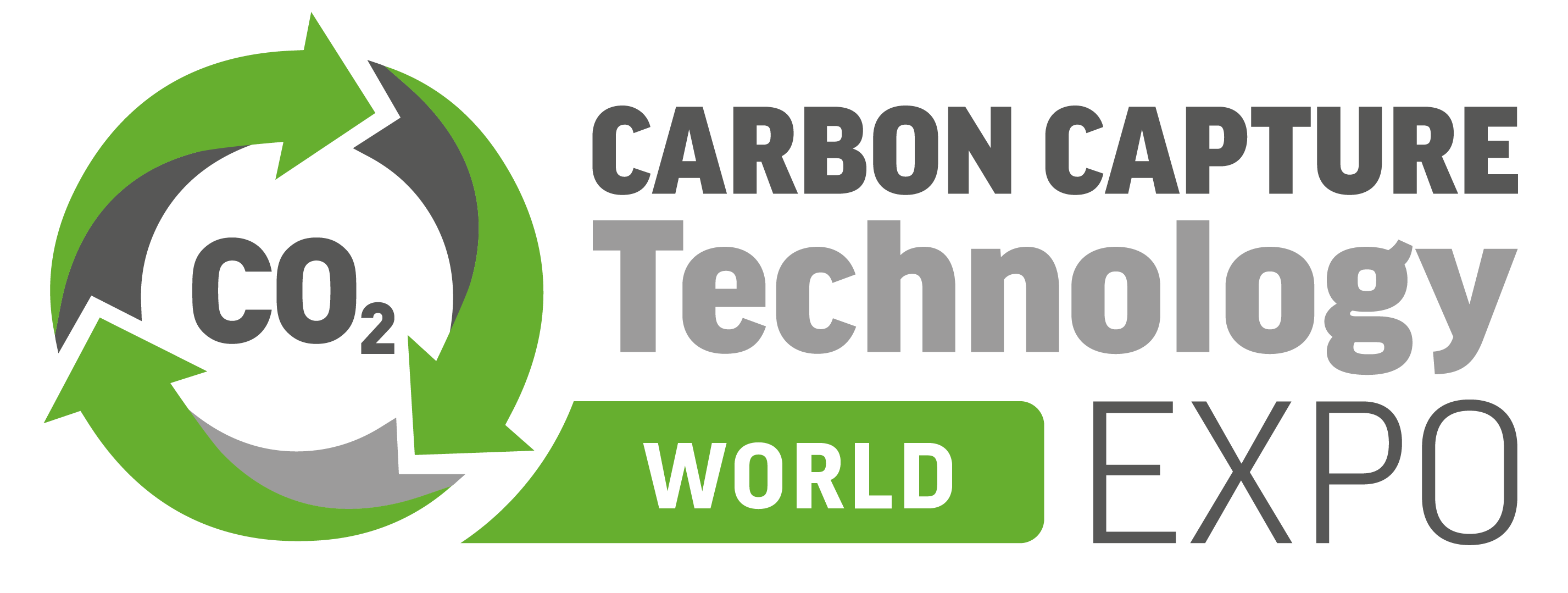
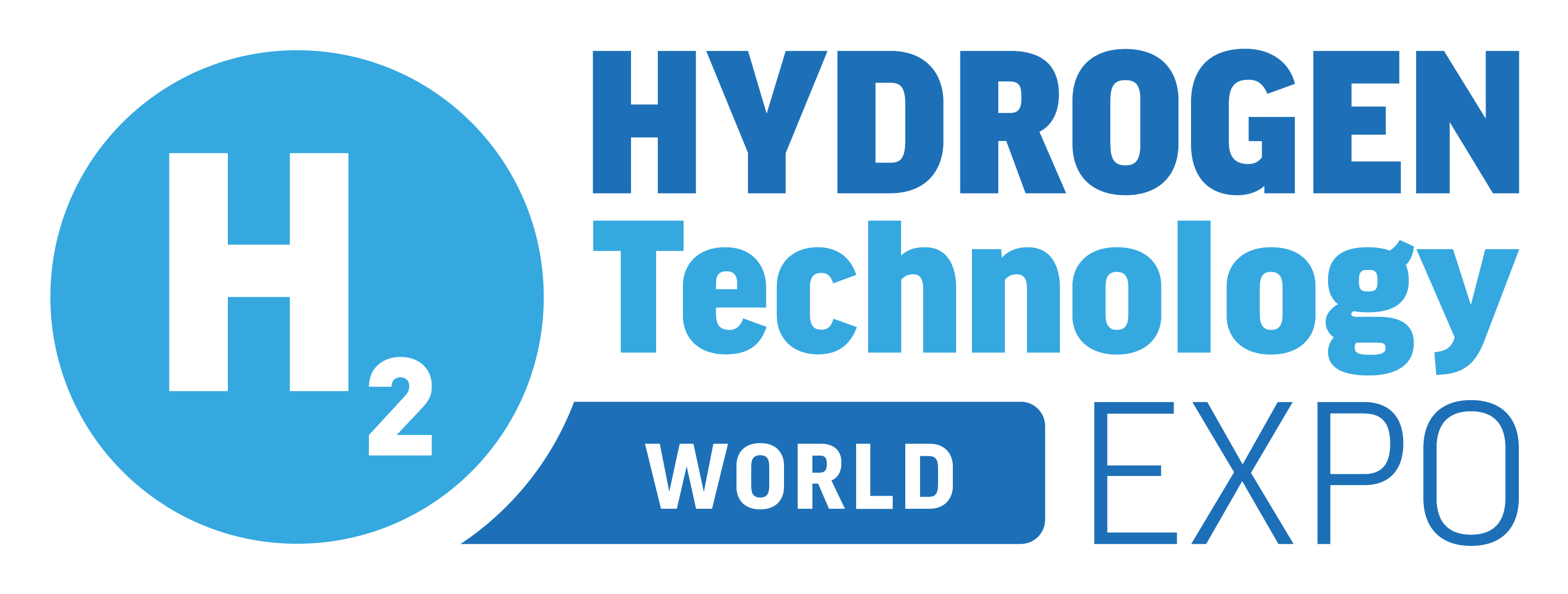


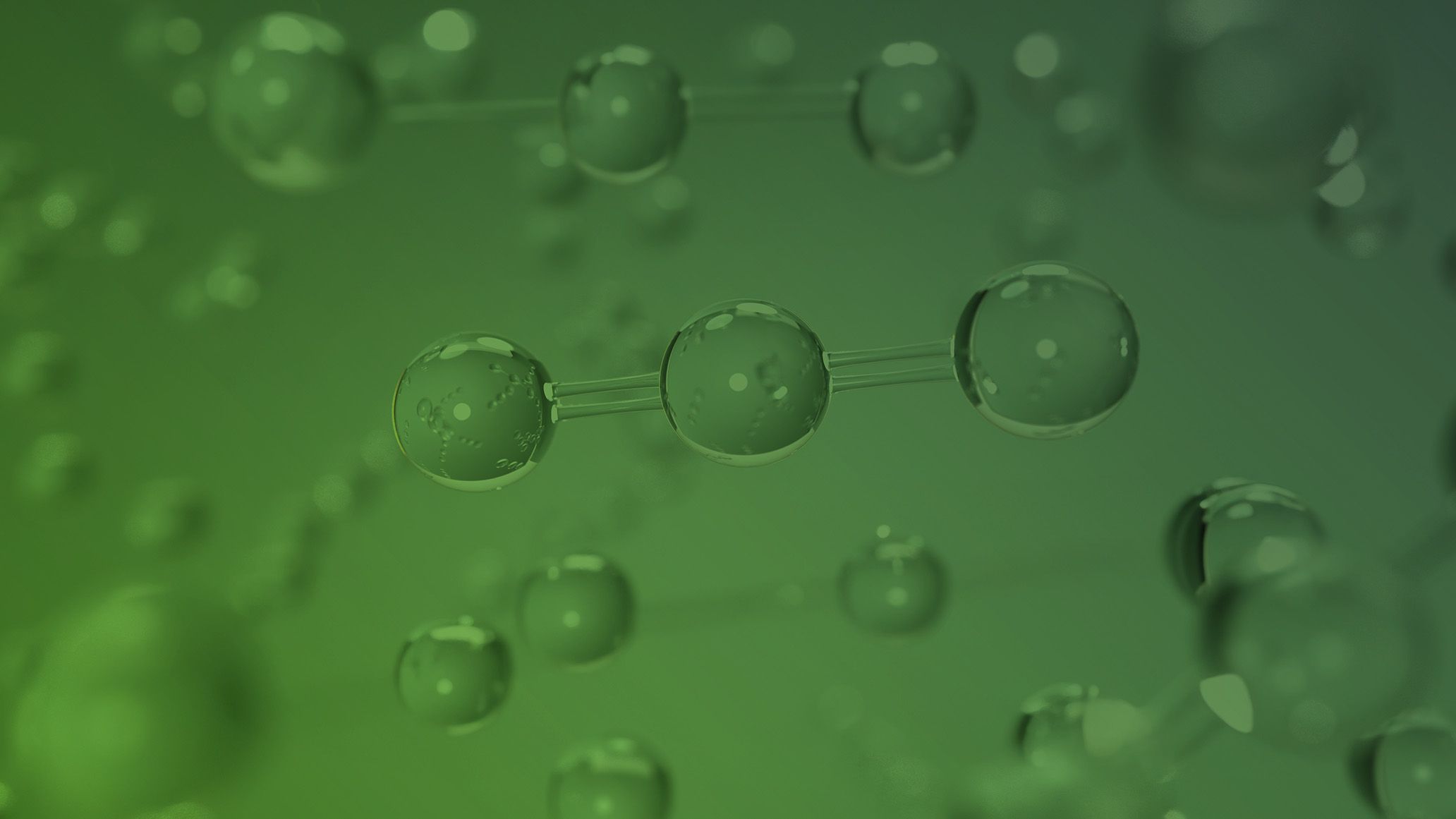

)
)
)
)
)
)
)
)
)
)
)
)
)
)
)
)
)
)
)
)
)
)
)
)
)
)
)
)
)
)
)
)
)
)
)
)
)
)
)
)
)
)
)
)
)
)
)
)
)
)
)
)
)

)
)

)
)
)
)
)
)
)
)
)
)


)
)
)
)
)
)

)
)

)
)
)
)
)
)
)
)

)
)
)

)
)
)
)
)
)
)
)
)


)
)
)

